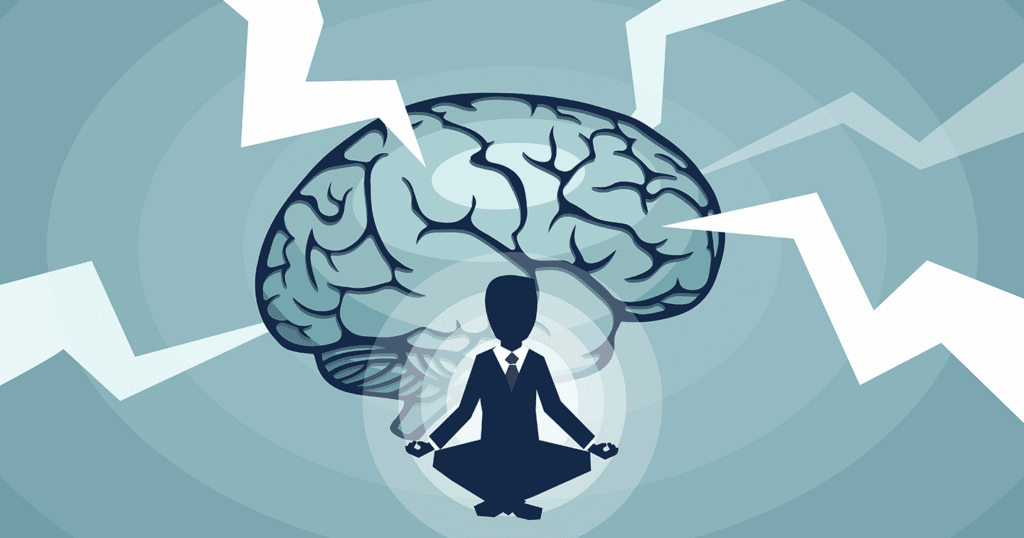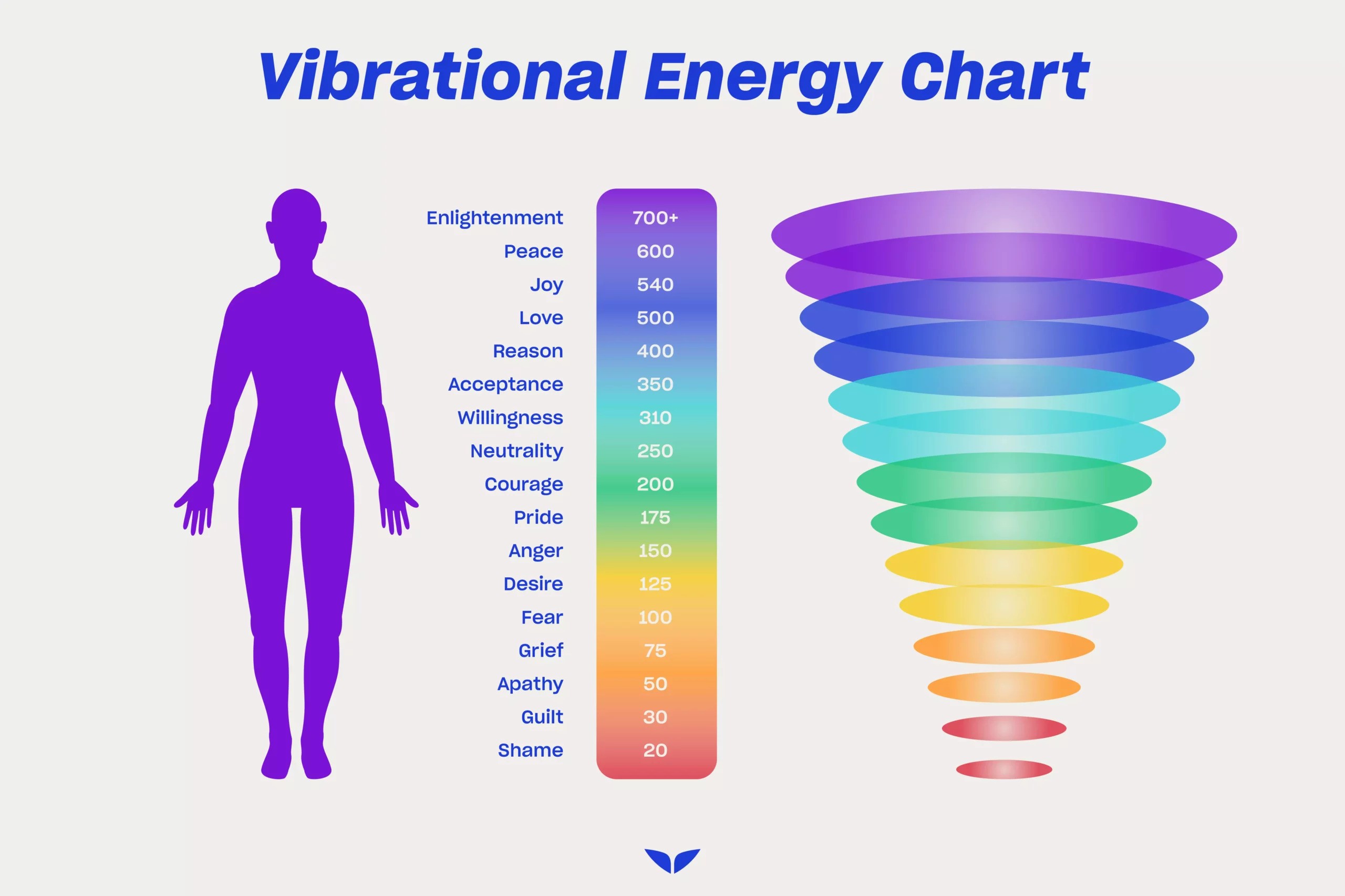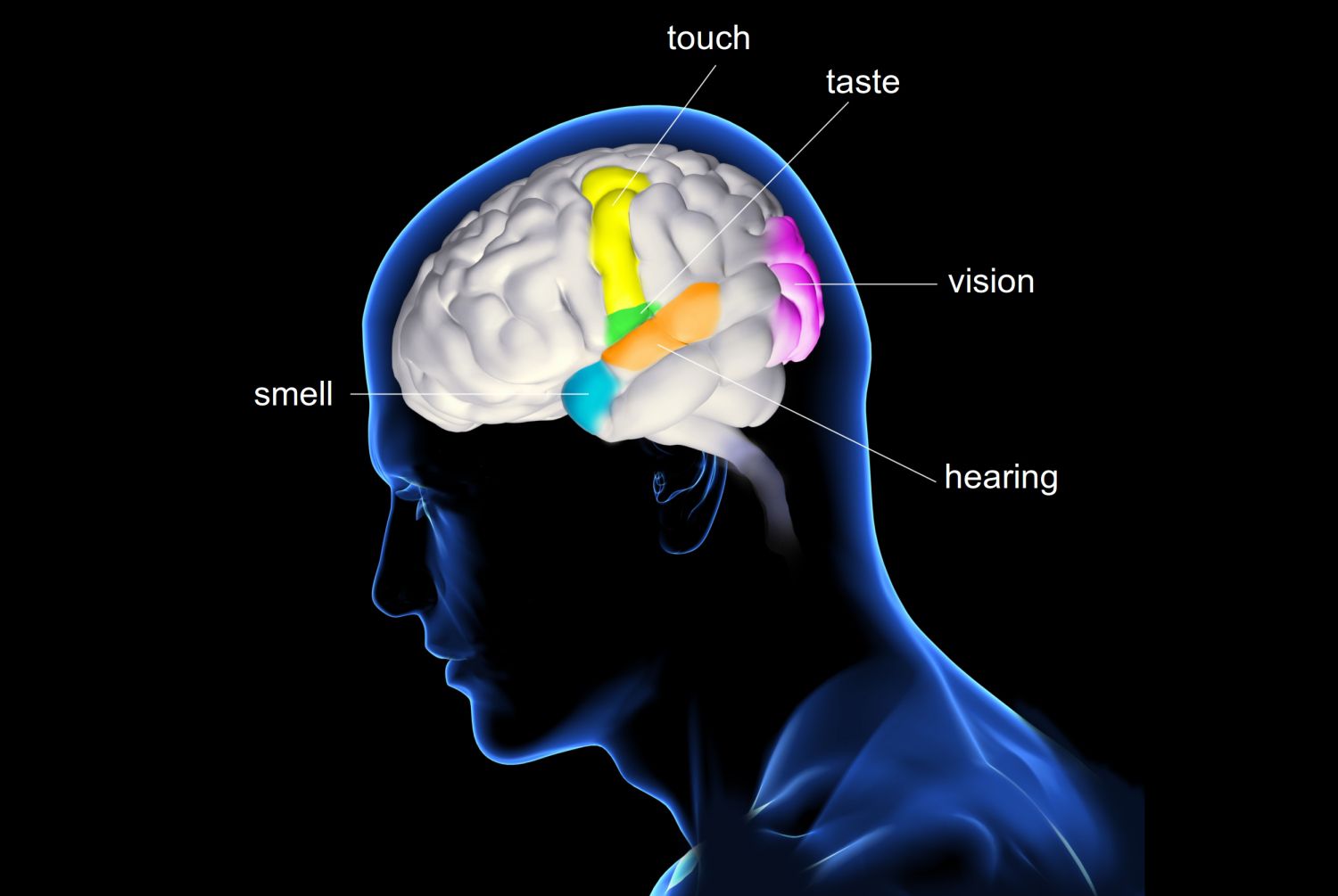Developing Emotional Intelligence: Understanding and Managing Your Emotions
Emotional intelligence is the ability to understand and manage one's own emotions as well as those of others. It involves being aware of one's feelings and thoughts, regulating them appropriately, and using them to guide behavior and decision-making.
The idea of emotional intelligence dates back to the early 20th century, but it was not until the work of psychologists such as Daniel Goleman in the 1990s that it gained widespread recognition. In today's fast-paced world, understanding and managing emotions has become increasingly important. Studies have shown that individuals who possess high emotional intelligence tend to have better interpersonal relationships, increased productivity, and enhanced decision-making skills.
In the following sections, we will dive deeper into the components of emotional intelligence, ways to develop it, and its importance in the workplace. So let's get started!
Benefits of developing emotional intelligence

We all have emotions, but not everyone can manage them well. Developing emotional intelligence can bring multiple benefits in both our personal and professional lives.
- Better Interpersonal Relationships: Emotional intelligence helps us to understand and manage our emotions better, thereby improving our interactions with others. When we are emotionally intelligent, we can respond to others with empathy and better communicate our own emotions, leading to stronger relationships.
- Increased Productivity: Emotional intelligence plays a key role in enhancing productivity. Being emotionally intelligent allows us to recognize and manage negative emotions, such as anxiety or stress, which can affect our work. When we have a better understanding of our emotions, we can increase our focus and motivation to achieve our goals.
- Enhanced Decision-Making Skills: Emotionally intelligent people can use their emotions to make better decisions. They can recognize their emotions and analyze how they might influence their decisions. They can also empathize with others and understand how their emotions might impact those around them. This ability to recognize and use emotions helps make sound and informed decisions.
So, developing emotional intelligence is beneficial in various aspects of life, but it requires work. It’s not a natural skill that everyone has, and it takes practice to develop it. But the effort is worth it, as it can lead to better relationships, increased productivity, and improved decision-making skills.
Components of emotional intelligence

Emotional intelligence is a combination of five key components that work together to help you understand and manage your emotions. These components are as follows:
- Self-awareness: This involves being in tune with your own emotions and understanding how they impact your thoughts and actions. It also means recognizing your strengths and weaknesses and learning to be honest about them.
- Self-regulation: This involves the ability to control your emotions and behaviors, especially when faced with challenging situations. It includes being able to manage your impulses and adapt to changing circumstances.
- Motivation: This involves being driven by a desire to achieve your goals and being able to push through obstacles to achieve them. It also means being able to delay gratification and stay focused on long-term goals.
- Empathy: This involves the ability to understand and relate to the emotions of others. It includes being able to communicate effectively with others and develop strong relationships based on trust, respect, and open communication.
- Social skills: This involves being able to navigate social situations and build strong relationships with others. It includes skills such as active listening, conflict resolution, and effective communication.
Developing emotional intelligence requires a focus on all of these components. By improving your self-awareness, self-regulation, motivation, empathy, and social skills, you can develop a stronger sense of emotional intelligence that will serve you well in all areas of your life.
Remember, emotional intelligence is not something you either have or don't have. It is a set of skills that can be developed and improved over time, with practice and persistence. With effort and dedication, you can become more emotionally intelligent and better equipped to handle the complex challenges of modern life.
Ways to develop emotional intelligence

In today's fast-paced world, emotional intelligence is becoming increasingly important to manage and lead an efficient life. The way a person manages their emotions is crucial to their decision-making abilities, interpersonal relationships, and overall well-being. Developing emotional intelligence can be challenging, but it is not impossible.
One of the primary ways to develop emotional intelligence is by actively listening to feedback. Feedback from others can help a person gain insight into how their words and actions affect those around them. By being open to feedback, a person can learn from their mistakes and improve their emotional intelligence. It's not about being perfect; it's about understanding and learning from mistakes.
Another essential aspect of developing emotional intelligence is practicing empathy. Empathy is the ability to put oneself in someone else's shoes and understand their emotions and perspective. By cultivating empathy, a person can develop stronger relationships and better understand and connect with others.
Self-reflection is another critical component of emotional intelligence. By reflecting on one's own emotions, actions, and thoughts, one can gain a better insight into their behavior and take steps to improve. Self-reflection can help in identifying areas of weakness and turning those weaknesses into strengths.
Finally, developing a growth mindset is essential in developing emotional intelligence. A growth mindset is one that embraces challenges and looks at them as opportunities for growth instead of seeing them as failures. By having a growth mindset, a person can approach situations with an open mind and look for opportunities to learn and grow.
In summary, developing emotional intelligence is crucial in today's world, and it starts with active listening to feedback, practicing empathy, engaging in self-reflection, and cultivating a growth mindset. Remember that emotional intelligence is not about being perfect; it's about being aware of one's emotions, managing them effectively, and using them to make better decisions.
Importance of emotional intelligence in the workplace
In today's competitive job market, it's become increasingly important to possess strong emotional intelligence skills. Emotional intelligence enables individuals to better communicate with coworkers and manage their emotions, resulting in more positive and productive workplace interactions.
Better leadership is one of the key outcomes of emotional intelligence. Leaders who possess emotional intelligence are able to inspire and motivate their team members and are more likely to be viewed as trustworthy and approachable. They are also better equipped to handle conflicts and make fair decisions that benefit the entire team.
Effective teamwork is another significant benefit of emotional intelligence. When team members possess strong emotional intelligence, they are better able to understand and acknowledge the feelings of others and to work collaboratively towards common goals. This leads to more successful and efficient outcomes, as well as greater job satisfaction for all team members.
Improved communication is yet another outcome of emotional intelligence. Individuals with strong emotional intelligence skills are able to communicate their thoughts and feelings clearly and accurately. They are also more likely to listen actively and engage in constructive dialogue, resulting in greater mutual understanding and respect.
Finally, emotional intelligence leads to higher job satisfaction. When individuals are able to manage their emotions effectively and engage in positive workplace interactions, they experience a greater sense of fulfillment and purpose. They are also more likely to feel valued and supported by their colleagues and supervisors, leading to greater levels of engagement and commitment. In today's fast-paced and competitive workplace, possessing strong emotional intelligence skills is essential for success and progress. By developing these skills, individuals can enjoy the many benefits of better leadership, effective teamwork, improved communication, and higher job satisfaction.
Challenges in developing emotional intelligence
Developing emotional intelligence is not an easy task. It takes time and effort to become self-aware, manage emotions, and embrace change. Lack of self-awareness is the first challenge many people face. It's easy to ignore our emotions and act impulsively without understanding why we react the way we do.
Another challenge is difficulty managing emotions. We all have strong emotions at times, and it can be hard to control them. It's important to learn how to recognize our emotions and respond to them in healthy ways. This requires practice and patience.
The third challenge is resistance to change. Developing emotional intelligence requires us to step out of our comfort zones and try new things. It can be scary to face our fears or take a new approach to a problem. But the benefits of emotional intelligence are worth the effort. Remember, developing emotional intelligence is a journey. It's okay to make mistakes and learn from them.
By listening to feedback, practicing empathy, working on self-reflection, and developing a growth mindset, we can become more self-aware, manage our emotions, and build stronger relationships. So let's embrace the challenge and start our emotional intelligence journey today!
Conclusion
In conclusion, emotional intelligence comprises several components: self-awareness, self-regulation, motivation, empathy, and social skills. Developing emotional intelligence has several benefits, such as better interpersonal relationships, increased productivity, and enhanced decision-making skills.
To develop emotional intelligence, one can listen to feedback, practice empathy, work on self-reflection, and develop a growth mindset. Emotional intelligence is also critical in the workplace, as it leads to better leadership, effective teamwork, improved communication, and higher job satisfaction. However, developing emotional intelligence can be challenging, as it requires addressing factors such as a lack of self-awareness, difficulty managing emotions, and resistance to change.
We encourage you to develop your emotional intelligence to reap the benefits it offers.



